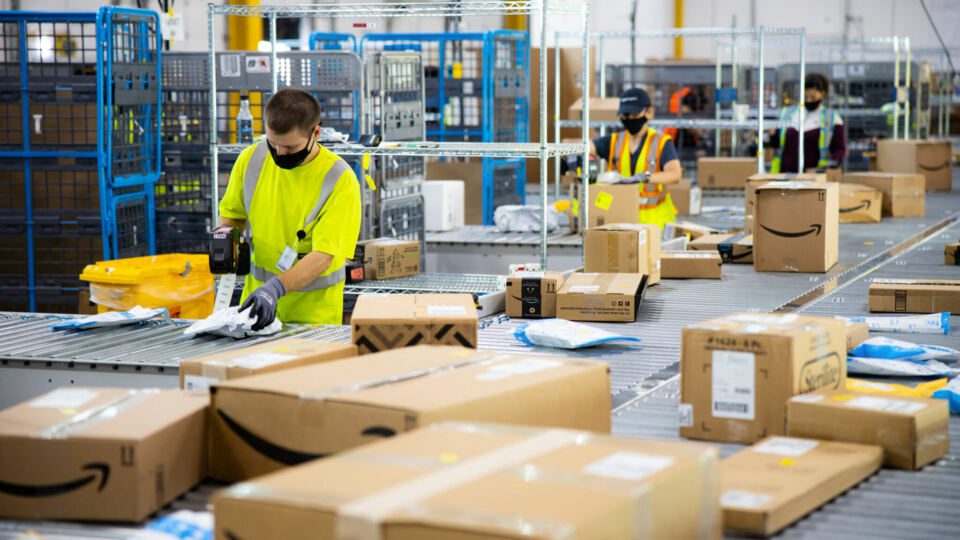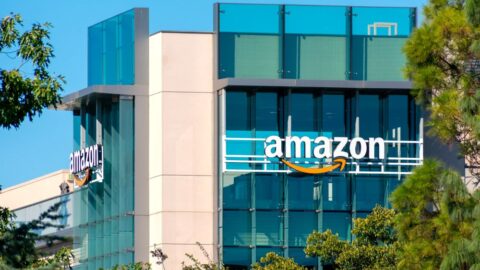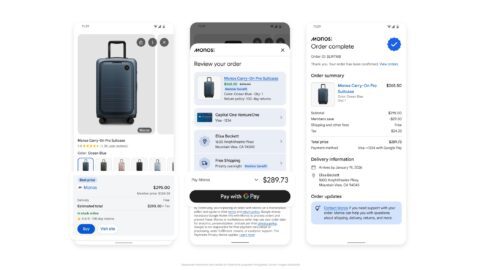Amazon shares were up approximately 14% in after-hours trading on Thursday, Feb. 3 after the company reported some truly impressive Q4 earnings. For the first time the tech giant broke out revenue from its advertising business (more than $31 billion in 2021 — see, you’re impressed) and announced that it will be raising the annual fee for its Prime subscription for the first time since 2018, from $119 a year to $139 a year.
Fellow tech behemoth Meta, formerly known as Facebook, made headlines for its stock’s 27% dive after its Q4 earnings were announced — the biggest single day drop in value in the U.S. stock market’s history. Investors were spooked by Meta’s first-ever decline in daily active users (DAUs), and the bottom line wasn’t helped by the $10 billion the company sank into its new metaverse division Reality Labs.
To be fair, Meta is playing the long game with its metaverse strategy. The company’s social platforms are bleeding younger users, and CEO Mark Zuckerberg clearly believes the metaverse is the way to bring them back (case in point, Meta’s upcoming Super Bowl ad).
But while Meta has its sights set on a virtual future, Amazon’s attention is squarely focused on the real world, and the results are tangible:
- Amazon has doubled its workforce since the start of 2020, from close to 800,000 employees to more than 1.6 million;
- The company spent $61 billion last year building out its physical infrastructure, including warehouses and cloud networks; and
- Amazon’s net income nearly doubled from last year ($14.3 billion in Q4 2021, up 98.6% from Q4 2020) thanks in large part to its cash cow cloud division Amazon Web Services, which saw 40% YoY growth.
Prime Reasons to Pay More
Amazon focused on these and other investments as a justification for its planned increase in Prime membership fees, which will go into effect in late February for new members and late March for current members. In addition to the added staffing and capital investments in fulfillment infrastructure — aimed at bringing “even faster delivery to more customers,” according to CEO Andy Jassy — the company also touted its content investments.
Notable among these is the highly anticipated Lord of the Rings television series The Rings of Power, which is projected to be the most expensive TV show ever made, and the company’s new 11-year agreement with the National Football League to become the exclusive home of Thursday Night Football.
“Since 2018 in the U.S., availability of free same-day delivery has expanded from 48 metropolitan areas to more than 90, items available for Prime free shipping have increased over 50% and members have saved billions of dollars shopping Prime Day,” said a company statement. “This is all on top of new program benefits like prescription savings and fast, free delivery from Amazon Pharmacy, and the continually growing Amazon Music for Prime members, Prime Reading and Prime Gaming.”
All About the Advertising
Amazon’s decision to break out its advertising revenue for the first time highlights the growing importance of this income stream in the power struggle for online consumer eyeballs and company dollars.
The fact that Meta’s advertising profits decreased from $11.2 billion in Q4 2020 to $10.3 billion in Q4 2021 provides another explanation for the Meta stock plummet. Meta blamed Apple’s new privacy policies and increased competition from new platforms, namely TikTok. Meanwhile, Google parent Alphabet reported a record $65.1 billion in revenue in its Q3 earnings, with the company’s advertising business making up the bulk of that, increasing 43.2% to $53.1 billion.
Advertising has become the primary revenue vehicle for many of these tech companies, and Amazon has been slowly stealing share for years now. For example, Amazon’s piece of the U.S. search ad market increased to 19% in 2021, up from 13.3% in 2019. While this is still not a majority stake (that remains firmly in the hands of Google, at 56.8%), Amazon can also rely on several other highly profitable operations, including AWS, Prime and the Amazon marketplace.













